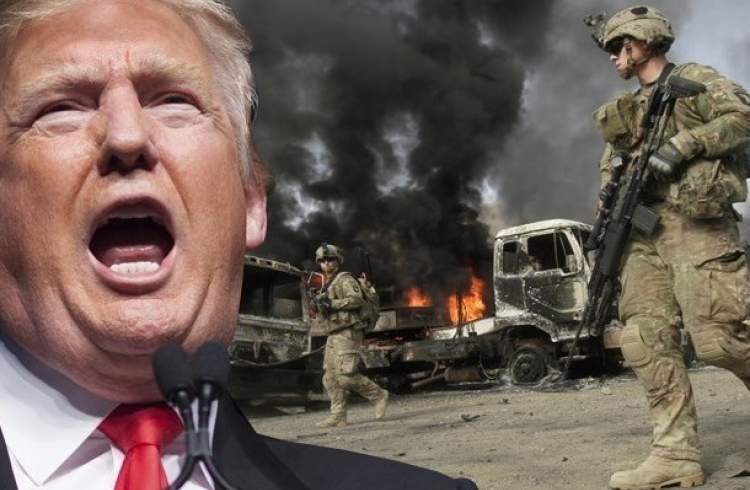The departure of American troops risks civil war, and many Afghans fear the return of a fundamentalist society
- The signing ceremony of bilateral cooperation documents between Iran and Venezuela was held
- Ukraine says it has proof Russia was behind dam blast
- Chinese warship crossed in front of a U.S. destroyer in the sensitive waterway
- Russia’s Prigozhin claims complete capture of Bakhmut
- Blasts rock Russia-annexed Crimea
- World’s highest railway bridge to open in Kashmir soon
- Russian, Chinese, Iranian drills contribute to regional security
- Ex-student shoots dead 3 children, 3 adults at Tennessee Christian school
- Australia to buy as many as five nuclear subs from United States
- Paris shooting suspect has a ‘pathological hatred of foreigners’





